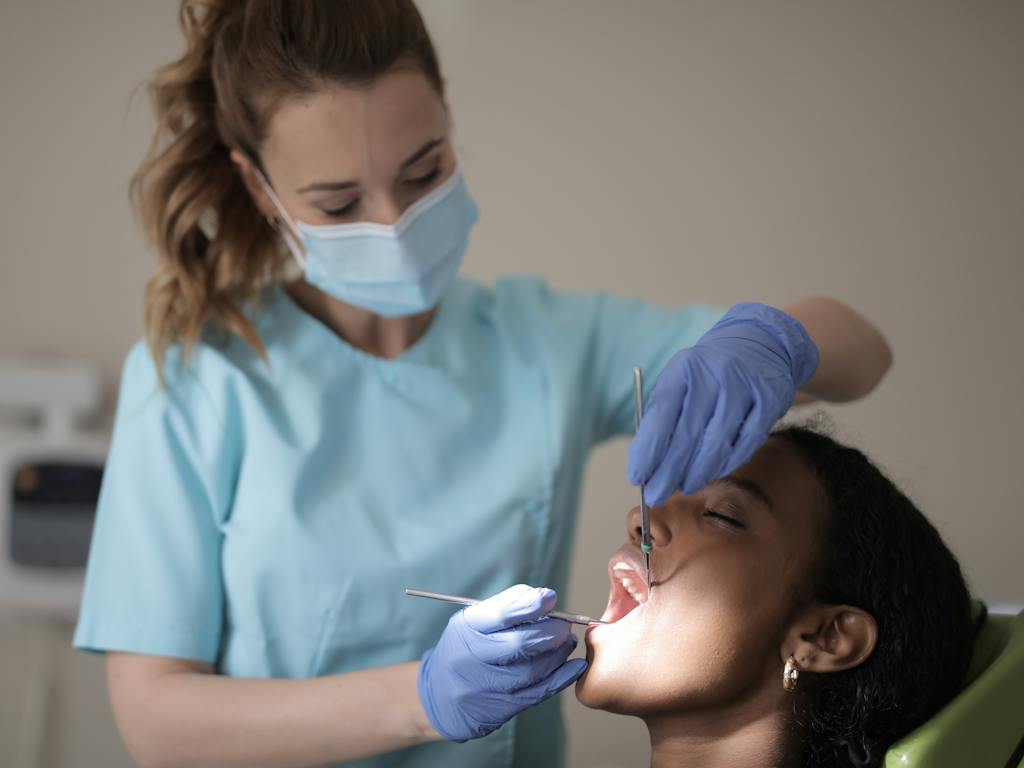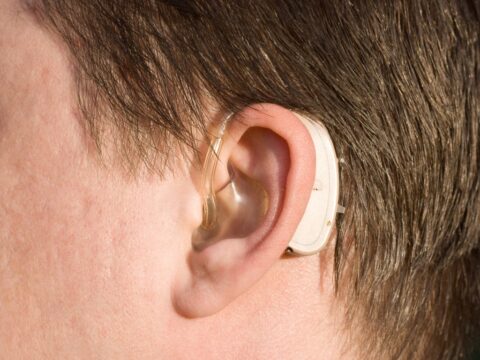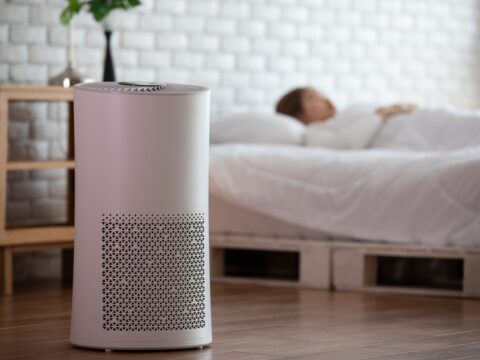Maintaining optimal dental health is not just about having a dazzling smile; it’s a crucial aspect of overall well-being. A healthy mouth contributes to better digestion, communication, and self-confidence. In this comprehensive guide, we’ll delve into the essential elements of dental health. From daily practices to professional care, ensuring one is well-equipped to achieve and sustain a radiant smile.
The Foundation: Daily Oral Care Routine
A consistent daily oral care routine lays the groundwork for a healthy smile. Brushing, using fluoride toothpaste, helps remove plaque and prevents cavities. Brushing at least twice a day, preferably in the morning and before bed, is recommended.
Flossing complements brushing by reaching the spaces between teeth that a toothbrush can’t access. This prevents plaque buildup and reduces the risk of gum disease. Developing a habit of flossing once a day is a small step that yields significant results.
The Power of Nutrition
What goes into the body reflects in the mouth. A good diet is essential for strong teeth and gums. Calcium strengthens tooth enamel. Vitamin D aids in calcium absorption, while vitamin C promotes gum health.
Limiting sugary snacks and beverages is also crucial. Sugar feeds harmful bacteria that produce acid, leading to enamel erosion and cavities. Eat crunchy fruits and vegetables, like carrots, and apples which stimulate saliva production and naturally clean teeth.
Hydration and Oral Health
Staying hydrated is beneficial for the body and for oral health. Water washes away food particles and bacteria, preventing plaque buildup. Fluoridated water, in particular, strengthens teeth and reduces the risk of decay.
Regular Dental Check-ups
Regular check-ups, usually every six months, allow dental professionals to monitor oral health, identify issues in their early stages, and provide necessary treatments. Professional cleanings remove plaque and tartar buildup that regular brushing and flossing can’t address.
Conquering Dental Anxiety
For some, visiting the dentist induces anxiety. However, open communication with the dental team can ease these fears. Dentists can explain procedures, ensure comfort, and offer relaxation techniques. Overcoming dental anxiety ensures regular check-ups aren’t skipped, maintaining optimal oral health.
Protecting Teeth – Habits to Avoid
Certain habits can jeopardize dental health. Chewing on ice, biting nails, and using teeth as tools can lead to cracks, chips, or enamel wear. Smoking and tobacco use stain teeth and contribute to gum disease and oral cancer. By breaking these habits, one can safeguard one’s radiant smile.
Special Care for Special Ages
Different life stages require varying dental care. Pediatric dentistry focuses on instilling good habits in children and addressing concerns like teething and thumb-sucking. As people age, issues such as gum disease and tooth sensitivity become more prevalent, necessitating specialized care.






